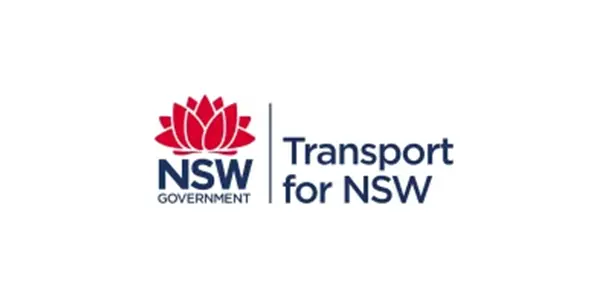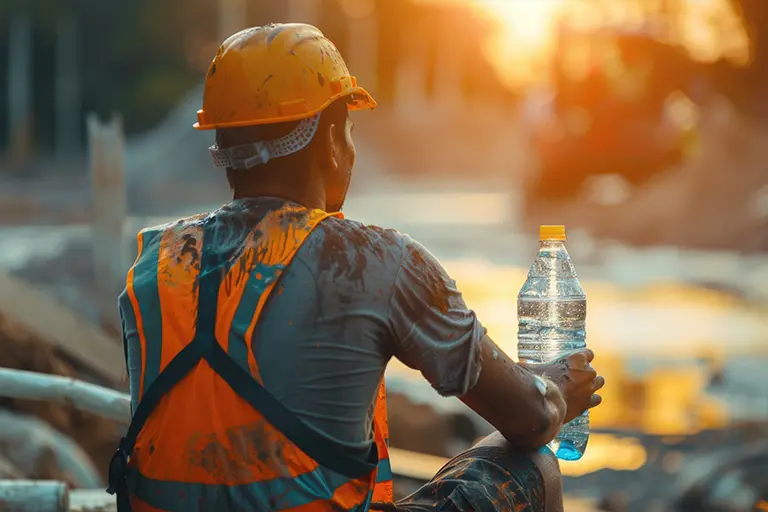Petra Hakansson sold her Auckland home in 2014 to provide the working capital for her health and safety company, Guardian Angel Security, despite the fact she was raising two teenagers.
The company’s point of difference is that it provides advice on wearable GPS pendants that help keep track of remote and lone workers out of cellphone coverage, but also sells the hardware from a range of distributors, provides monitoring 24/7 of the devices, and support and advice on how to use them.
The company has stuck to health and safety monitoring for the likes of regional councils, vineyards, and powerline companies rather than the aged care sector, which is already well provided for.
Hakansson’s sacrifice has paid off so far, with the company profitable and enjoying growth of 40% year on year, until Covid-19 struck. She’s also proud to have never lost a client.
The Covid lockdowns have stagnated growth but the company’s work is deemed an essential service, as was that of many of its clients. Monthly income from monitoring contracts has continued to provide a steady income, along with Australian clients. A planned official launch into Australia this year, though, has also been delayed until early next year due to Covid disruption.
Hakansson thinks the government has done a good job over the past three years on communication but questions whether that messaging has always been 100% transparent. She thinks there has been a lack of presenting the real picture on social issues, in particular, such as child poverty and domestic abuse and wants to see more done about those problems.
ACC, GST, other taxes ‘quite gouging’.
As a small to medium-size business owner, her main concern is the amount of ACC levies, GST, and other tax she has to pay. “It’s quite gouging of small business and makes it really hard to grow,” she said, particularly when bootstrapping the company.
“New Zealand has some really high tax rates and if I could reinvest the money instead of paying all the tax we do, I could grow much faster and employ more people faster, which has to be a good thing for the economy.”
Although she has a number of government and local government clients, Hakansson encourages government departments to buy from Kiwi SMES and buy on value, delivery, and good service rather than just on price.

Guardian Angel Security sells a range of tracking devices, monitoring and GPS pendents for remote workers.
“I know they are being asked to do so, and to look at broader outcomes when they are making purchase decisions, so I would welcome that. It would be good if it was actually walked as well as talked,” she said.
She thinks the same attitude prevails among many corporates as well, despite the safety of remote workers being covered by health and safety legislation.
“When I can see a company that can well and truly afford to pay for a decent solution going for a shonky overseas outfit, that really upsets me.”
The pick up
When asked what policies she thought would help stimulate the economy, Hakansson said one would be to let more wealthy people come to New Zealand from overseas, even if it is just for a few years.
“It’s milkshake money for them to ask for $5 million, say, for a five-year visa and get them to keep the money here.”
She’s also keen to hear from politicians about their policies in the coming election campaign rather than just a focus on Covid. “That is not what I am voting on,” she said.
And while leadership matters, “I think it is more important that there is a really cohesive team of people with real experience in the portfolios that they have, as opposed to being a career politician.”
Hakannson would like to see more help and funding for SMEs given they comprise the vast majority of New Zealand companies.
“It’s really hard work to get funding. I’ve had not funding other than through Sheo, the women’s entrepreneurial group, which is an interest-free loan. I could have employed more people and much faster if I had more funding but when you are bootstrapping, it is much slower growth.”
The company employs just four full-time staff but contracts out a number of major roles – including chief technical officer, chief financial officer, and marketing manager – which helps with work-life balance for them, and flexibility for the business in times of downturn.



